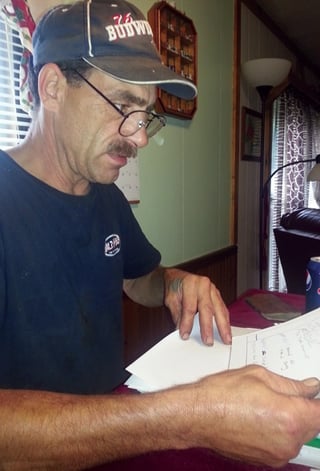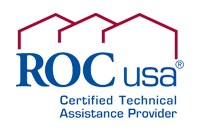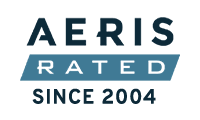
Ten steps to a 'project-ready' ROC
By ROC-NH staff
Proper planning can ease the stress of resident-owned community infrastructure projects.
Is your community ready for an infrastructure project?
In most resident-owned communities (ROCs), water, wastewater, and electric utilities are the most likely to need repair or replacement, with drainage and roads not far behind.
Replacing any of these systems is no small project. However, proper planning can help them proceed more smoothly, and with less stress on the community and its directors. The best time to start planning a project is two to three years before you need the work to begin.
 Projects in ROCs take place in several phases:
Projects in ROCs take place in several phases:
A planning, or feasibility, study completed by an engineer can answer these questions. Some funders require the completion of specific studies before they’ll commit funds for construction. Be sure to consult with ROC-NH staff ensure your community is tackling the right scope of planning and/or feasibility study.
2. Funding. How will your ROC pay for the project? Be sure to factor in not only the construction costs, but also design and construction oversight costs. Knowing how a major project will be financed and its impact, if any, on lot rents, helps co-op members make educated decisions on whether to move forward.ROCs use a myriad of funding resources to create project funding packages. These sources include, but are not limited to, Community Development Block Grants, grants and low interest loan from the U.S. Dept. of Agriculture–Rural Development, the ROC’s own cash reserves, refinancing the ROC to tap into its equity, and financing from the N.H. Community Loan Fund.
3. Design. Once the co-op’s members approve a project and funds have been secured, the ROC chooses a professional engineering firm.
4. Construction. Once funding has been secured and the design is approved by the appropriate state authorities, the project is out to bid. Hopefully, multiple contractors bid on the project. The co-op selects a qualified contractor, and construction begins.
Make sure your co-op is "project ready"
In addition to planning such a project, it is important that your ROC is “project-ready.”
What does this mean? ROC-NH recommends that the following are in place before a ROC plans and carries out a project.
- A full board of directors that meets, or is willing to meet, monthly.
- A solid financial history with accurate monthly reports. Three years of year-end financial reports. The community should also have minimal receivables. All local and federal tax filings must be current.
- Community must be in good standing as a consumer cooperative with the state.
- A completed project plan that shows a narrative of the need, plan, and anticipated costs. If using outside or government funds, this plan would come from a planning study or a Property Conditions Report done by a licensed engineer. If using community funds, this plan can come from plans and estimates obtained according to the Board of Directors Procurement Policy.
- A commitment from co-op members to support the board in the project’s planning, funding, and execution.
- Board of Directors must have adopted and signed Code of Ethics, procurement, and conflict of interest policies.
- If seeking funding from a government agency, the ROC’s bylaws need to include its purpose as a low/moderate-income housing initiative. (Check with your ROC-NH technical assistance provider if you are unsure.)
- If seeking funding from a government agency, the community must be willing and able to conduct an income survey to demonstrate that the community serves low- to moderate-income residents.
- Board must have a current signatory’s resolution of all board members.
- If support from ROC-NH is requested, board must sign a Technical Assistance Contract and an agreement to pay the required fee.
Considering infrastructure work? Don’t wait! Proper planning leads to productive and timely projects!
Former ROC-NH cooperative conversion specialist Angela Romeo now works for ROC USA.
ROC-NH™ is a program of the New Hampshire Community Loan Fund, Inc. and a ROC USA® Certified Technical Assistance Provider.
ROC-NH is a registered service mark of ROC USA, LLC.















